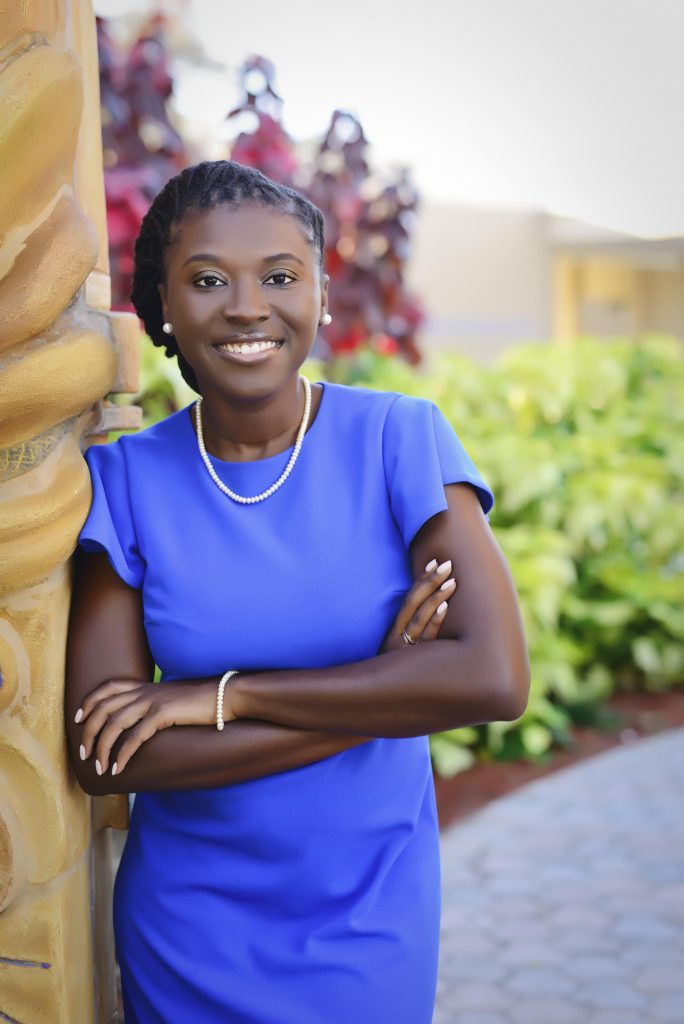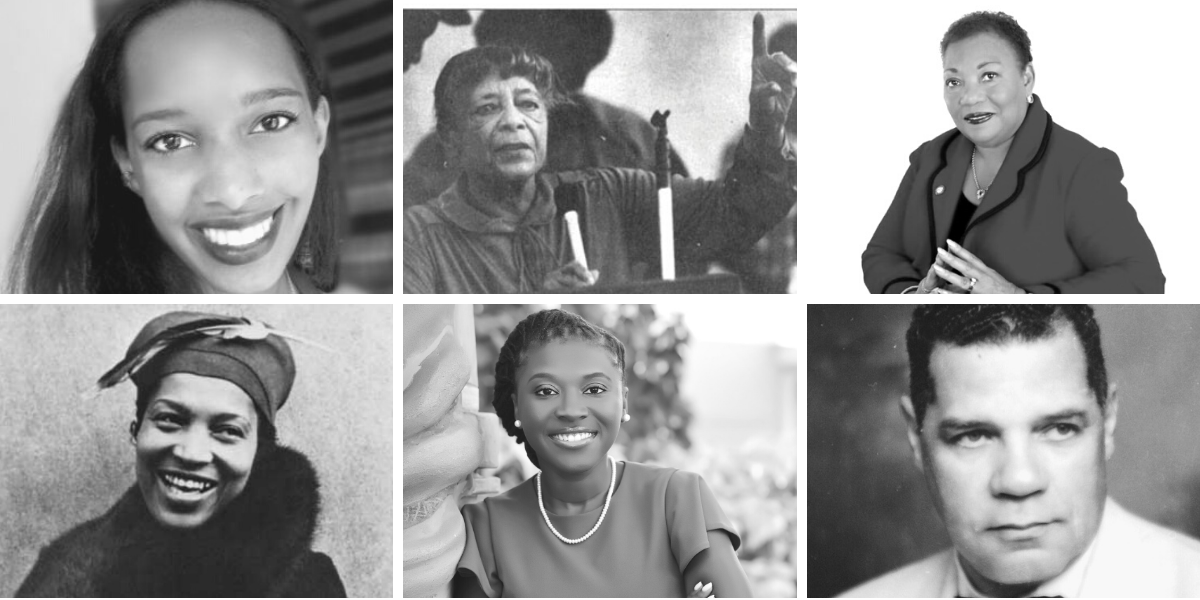History is made every day. And thanks to innovative environmentalists and leaders, Florida is more resilient in the face of climate change. This February, we’ll not only celebrate Black History in Florida but recognize a few of the change-makers that are impacting the environmental movement in our state today. We’ll feature profiles from our non-profit partners, as well as climate activists and legislators.
Nancy Metayer, Miami Climate Alliance and Candidate for Coral Springs Commission, Seat 3
Q: What is your passion?
A: We live in an imperfect world. There is no doubt about it. But we all have the power within us to make this world just a little bit better. My passion is rooted in fighting for social justice, working for the environment, and/or improving our community relations. My passion for the overall improvement of the world we live in is very worthwhile and what keeps me going.

Q: What inspires you to do the work that you do?
A: My inspiration and passion behind my work are based on responsibility because I know what is at stake if the work doesn’t get done. I want a world were my family and future generations can live better. I truly believe that we should all leave this world better than we entered it.
Q: What historical figure or community leader do you most admire or respect?
A: I admire Alice Garoute, a Haitian suffragist and women’s rights advocate. As we celebrate the 100th-year anniversary of the passing of the 19th amendment, which gave women the right to vote in the United States, it’s important we celebrate those who paved the way for us. Who knew Garoute’s book club would turn into a political organization that would shed light on the inflicted terror of sexual assault on Haitian women and their right to vote. When Garoute died in 1950 she requested no flowers be placed on her grave until all Haitian women could vote, which happened 7 years later in 1957.
Q: What do you think voters can do to bring about the greatest change in their communities and in Florida?
A: The greatest change any individual can do in their communities and in Florida is exercising their right to vote. This is especially important when the concerns of communities of color and the vulnerable are often ignored. Individuals who don’t vote disenfranchise themselves, their own interest and the interests of people counting on them, especially in a time when voter suppression is explicit.

